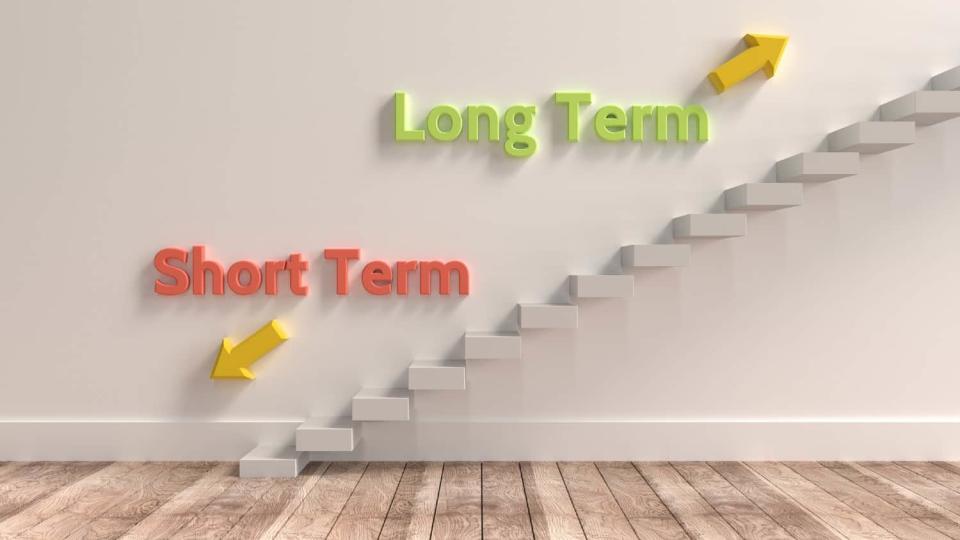£20,000 in savings? Here’s how I’d aim to turn that into a £1,231 monthly second income!

One income is good, but a second income brings with it a broader range of options in life. A new house perhaps, more exotic holidays, or an earlier and more comfortable retirement.
The best way I have found of generating a high second income is by investing in shares that pay me dividends regularly.
I recently added HSBC (LSE: HSBA) to my high-yield portfolio. It currently generates a dividend payout of 7.7%.
Aside from this, it also has a strong core business – essential for sustaining high dividends over time. In 2023, profit before tax rose by $13.3bn (£10.7bn) to a record $30.3bn.
One risk is that this falls, as declining interest rates reduce the bank’s profit margins. Another risk is a new global financial crisis.
However, consensus analyst expectations are that its revenue will grow 3.5% a year to the end of 2026. Forecasts are that return on equity will be 11.7% by that time.
Another positive factor for me is that it looks around 56% undervalued against its competitor banks on a discounted cash flow basis. This reduces the chance of big share price falls wiping out my dividend gains.
A fair value would be around £14.48, compared to the current £6.37, although it may never reach that price, of course.
Reinvesting dividends is key
So, if I invested £20,000 now in the stock, I’d make £1,540 this year in dividends. If I withdrew that money to use elsewhere, then next year – if the yield stayed the same – I’d be paid another £1,540.
Repeating this process would result in me having made £15,400 in dividends after 10 years. Not bad at all, but it’s nowhere near how much I would make if I reinvested those dividends back into the stock.
This is the same principle as compound interest in bank accounts. However, dividends are reinvested instead of interest.
Doing this would give me £43,089 instead, after 10 years. After 30 years, I’d have £200,007 if I’d reinvested the dividends and the yield had averaged 7.7% over the period.
This would pay me £14,777 a year in second income from dividends, or £1,231 a month!
Doing the same, but from £0 in the bank
Surprisingly to many perhaps, such big returns can be made from a standing start of £0 in the bank.
Saving just £5 a day — £150 a month – and investing it in HSBC stock would give me £211,748 after 30 years.
This would pay me £15,583 a year, or £1,299 a month in second income from dividend payments!
This is provided the yield averaged 7.7%, although it will move up and down as dividend payments and the share price fluctuate.
Inflation would reduce the buying power of the income, of course. And there would be tax implications according to individual circumstances.
However, it highlights that a significant second income can be generated from relatively small investments in the right stocks if the dividends are reinvested.
The post £20,000 in savings? Here’s how I’d aim to turn that into a £1,231 monthly second income! appeared first on The Motley Fool UK.
More reading
HSBC Holdings is an advertising partner of The Ascent, a Motley Fool company. Simon Watkins has positions in HSBC Holdings. The Motley Fool UK has recommended HSBC Holdings. Views expressed on the companies mentioned in this article are those of the writer and therefore may differ from the official recommendations we make in our subscription services such as Share Advisor, Hidden Winners and Pro. Here at The Motley Fool we believe that considering a diverse range of insights makes us better investors.
Motley Fool UK 2024

 Yahoo Finance
Yahoo Finance 